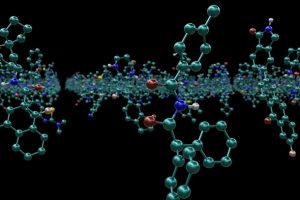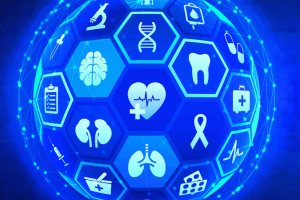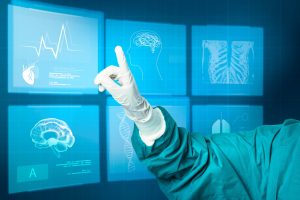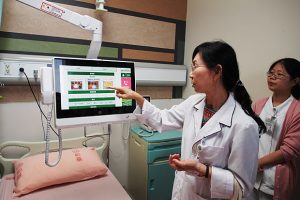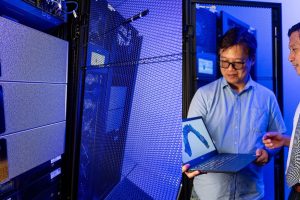NVIDIA has introduced a comprehensive suite of over 25 new microservices tailored for the healthcare sector, enabling global healthcare enterprises to leverage the latest advancements in generative AI technology. These microservices, designed to be accessible from any location and on any cloud platform, include optimized NVIDIA NIM AI models and workflows equipped with industry-standard APIs. They serve as fundamental building blocks for developing and deploying cloud-native applications in healthcare, offering capabilities in advanced imaging, natural language processing, speech recognition, and digital biology.
Furthermore, NVIDIA’s suite incorporates accelerated software development kits and tools like Parabricks, MONAI, NeMo, Riva, and Metropolis, now accessible as CUDA-X microservices. These tools aim to accelerate healthcare workflows, particularly in areas such as drug discovery, medical imaging, and genomics analysis.
Generative AI introduces significant opportunities for transformation within the healthcare industry, ranging from screening vast numbers of drug compounds to improving patient data analysis for early disease detection and implementing intelligent digital assistants.
Kimberly Powell, NVIDIA’s vice president of healthcare, highlights the groundbreaking potential of representing biology and chemistry in a computer, which facilitates computer-aided drug discovery. By providing accessible AI solutions, NVIDIA aims to empower healthcare companies to fully harness the capabilities of generative AI.
NVIDIA’s suite includes the NIM Healthcare Microservices for Inferencing, offering optimized inference for various models across imaging, medtech, drug discovery, and digital health. These microservices, available through the NVIDIA AI Enterprise 5.0 software platform, include models for generative biology and chemistry, molecular prediction, and drug discovery.
Moreover, notable companies like Cadence are integrating NVIDIA’s BioNeMo microservices into their molecular design platforms for drug discovery. These microservices enhance platforms like Orion by enabling researchers to generate and model data libraries with billions of compounds more efficiently.
Numerous application providers, biotech and pharma companies, and medical imaging software makers are already utilizing NVIDIA’s healthcare microservices, showcasing their broad applicability and potential for advancing research and development in the healthcare sector.
Generative AI technology holds promise for transforming drug discovery processes, as acknowledged by David M. Reese, executive vice president and chief technology officer at Amgen. By leveraging sophisticated AI models, companies like Amgen are striving to create innovative medicines that deliver maximum value to patients.











